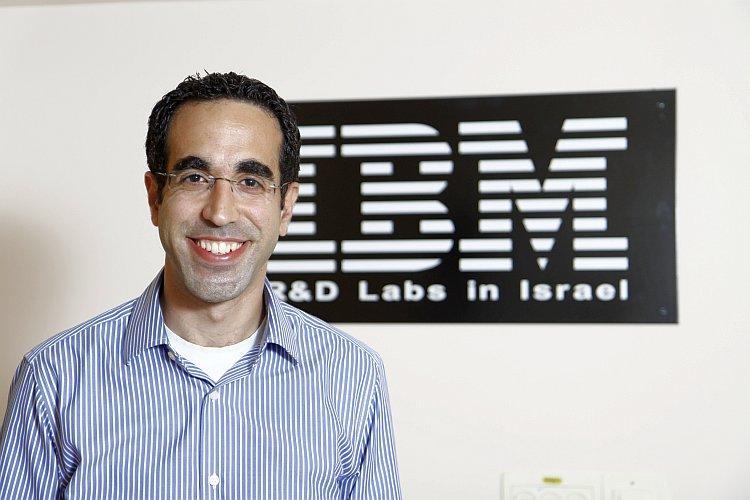Street Soccer Team Heads to Homeless World Cup
A national team of 16 selected soccer players from nationwide Street Soccer teams is headed this Thursday to Brazil.
Tokynbo Agiboie has overcome homelessness and joblessness to play on the national Street Soccer team. Ben Kaminsky/The Epoch Times
|Updated:



